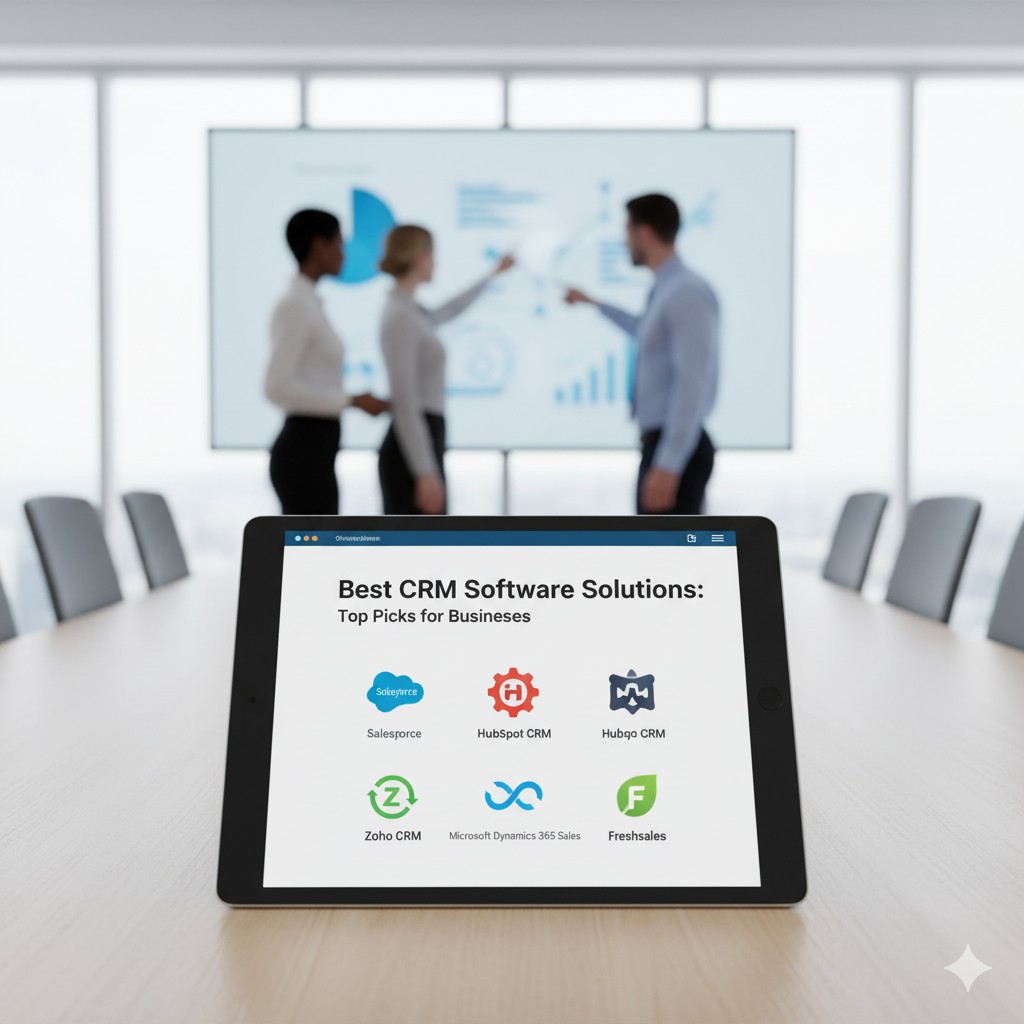Find Your Perfect CRM
Start by telling us about your business. Our recommendations will update automatically.

1. Select Your Business Size
2. Select Your Industry
Top Recommendations
Based on your selection, these are the highest-rated CRM solutions.
Comparative Analysis
Visually compare the key aspects of the top recommended solutions. Use this analysis to understand the specific strengths and trade-offs of each platform.
Feature Comparison
Pricing Score Comparison
CRM Fundamentals
New to CRM? These guides cover the essential concepts you need to know before making a decision. Click on any topic to learn more.
The "best" CRM is highly subjective and depends on your specific needs. However, top-tier CRMs share common traits: they are user-friendly, scalable, customizable, and offer robust automation. The core goal is to provide a single source of truth for all customer interactions, improving efficiency for sales, marketing, and support teams. A great CRM grows with your business, adapting to new processes and larger teams without requiring a complete overhaul.
Look for a balanced feature set that matches your primary goals. Core features include: Contact Management (storing customer data), Sales Pipeline Management (tracking deals from lead to close), Automation (for emails, tasks, and workflows), Reporting & Analytics (to measure performance), and Marketing Tools (for campaigns and lead generation). Evaluate which of these areas is most critical for your business's growth.
A CRM doesn't operate in a vacuum. Its true power is unlocked when it connects seamlessly with the other tools you already use. Key integrations to look for include: Email Clients (like Gmail, Outlook), Calendars, Marketing Automation Platforms (like Mailchimp), Accounting Software (like QuickBooks), and Customer Support Tools (like Zendesk). Strong integration capabilities prevent data silos and create a unified workflow across your entire organization.